An initiative years in the making has finally reached the finish line, with Madison welcoming its first integrated, multi-disciplinary transgender health services clinic. The UW Health Comprehensive Gender Services Program was developed by a group of medical providers from across the UW Health system who sought increased collaboration spanning multiple medical disciplines. “For many years, there were lots of us that were doing gender affirming care, kind of in our own silos,” says Dr. Ronni Hayon, co-medical director for the Comprehensive Gender Services Program.
A Multidisciplinary Model
In 2017, Dr. Katherine Gast, a UW Health surgeon who specializes in gender-affirming surgical care, joined the team, and the concrete brainstorming for increased collaboration began. “We all started collaborating really closely and started dreaming about putting together a multidisciplinary clinic where patients could get access to multiple specialists at once,” Hayon says.
“The idea for a multidisciplinary clinic was based on other clinics spanning multiple specialties already in place at UW Health,” says Callen Smith, program coordinator and patient navigator for the Gender Services Program.
This clinic is UW Health’s largest multidisciplinary clinic; however, with collaboration across 12 different specialties comprising family medicine, speech and voice, ear, nose and throat (ENT) services, facial surgery, plastic surgery, OB/GYN services, behavioral health, urology, endocrinology, fertility, and social work.
The Madison-based clinic, which officially opened its doors last spring, provides comprehensive health services to transgender and gender-nonconforming individuals of all ages.
“Based on the number of consult requests, the reception from the community has been considered a huge success,” Hayon says.
Smith handles the vast majority of consult requests and notes that the clinic is currently booked out until March 2023, adding “I think that says a lot about the need for trans health care.”
The variety of specialties involved in the clinic provides the ability to individualize care for each patient.
“That’s really the cornerstone of gender-affirming care—that you individualize your care to what the patient in front of you needs,” Hayon says. “Not every trans or nonbinary person is going to want or need any kind of medical intervention. So our goal is to provide really patient-centered, evidence-based care.”
How Patients Can Get Started
The team has created a simple and user-friendly process to establish care at the clinic through a consultation request form on its website. Smith said establishing care can be really intimidating. Through the form, prospective patients are asked to list what areas of health care they hope to access. The list includes various options from surgical services and hormone treatment to laser hair removal and voice therapy. It’s Smith’s job to sift through the consult requests and point patients in the right direction.
“Those consult requests come straight to me, and if patients are mentioning that they’re interested in multiple services, then I can provide the information about our multidisciplinary clinic,” Smith says.
Care will usually begin with a consultation at the comprehensive clinic, then a follow-up with a visit to the clinic where the specialty physician is based. This provides a jumping-off point to help patients understand what care will look like going forward, Smith said.
Why It Matters
The opening of the clinic is a critical step in providing care to members of the transgender and gender-nonconforming community, Hayon said. The timing remains imperative, too. More than 300 anti-LGBTQ+ pieces of legislation had been proposed by local, state, and federal politicians in the first three months of 2022 alone, according to data collected by Human Rights Campaign. Nearly half of those bills seek to limit or ban access to gender-affirming medical care.
Studies show providing gender-affirming care to transgender individuals has been proven to save lives, and the benefits go far beyond just medicine. The Columbia University Department of Psychiatry issued a report in March 2022 demonstrating the benefits. According to data gathered by The Trevor Project, a national organization aimed at reducing suicide among LGBTQ+ youth, 54 percent of transgender or gender-nonforming youth have reported seriously considering suicide, with 29 percent having made an attempt to end their lives. Providing gender-affirming care directly reduces these risks, says the American Academy of Pediatrics. Transgender and gender-nonconforming adults have shown similar benefits.
By gathering 12 specialties under one roof, the clinic is also able to track patient demand and better quantify need.
“With services being siloed in different departments, like urology or plastic surgery or OB/GYN, that might not necessarily be giving an accurate picture of just how many patients need trans health care,” Smith says. “We’ve started to really look at ways that we can capture that information so that we can continue to fund where services are needed.”
The clinic not only provides access to comprehensive care for Madison-based patients but also serves as a good option for patients from more rural areas of the state.
“It’s really great to be able to just come to one place and see all the people that you need,” Hayon says.
What’s Next?
There is always room for further growth, Hayon said, and eventually the clinic may expand in services offered.
“We’re all really enjoying the work that we’re doing now,” Hayon says, “and every time we hold a clinic I think we also see opportunities for growth.”
One potential area includes educational opportunities for other doctors. This could provide a potential to educate clinicians across the UW Health system—and across the state—on gender-informed care.
“I think there are also all sorts of ancillary services and medical services that folks need that are hard to get access to—whether that’s hair removal or dermatological procedures—we could potentially include those in the future,” Hayon says.
The inclusion of preventative care as an additional service in the program is one that has Hayon’s attention.
“That would be another really great way to serve folks in Wisconsin who don’t have health care providers that they feel safe with,” Hayon says.
Most preventative care falls under the purview of family medicine and OB/GYN services typically. As those specialties are already involved in the clinic, adding that level of care would just be a matter of expanding the services those specialties offer.
“Things that I’m thinking about are sensitive screening exams, like breast or chest cancer screening and cervical cancer screening. It can feel really vulnerable for people to have those exams,” Hayon says.
That vulnerability is a potential for all patients, she notes.
“And specifically for trans or nonbinary or gender-diverse people, there’s kind of a whole extra layer on top of that, that can make it challenging,” Hayon adds.
But for now, in a time when trans rights are continuously under political attack here in Wisconsin and across the country, the launch itself and the community reception are big wins for caregivers and, especially, for patients.
“I feel very fortunate that we have so many advocates and allies within the system who really wanted to see this clinic launch, because it was the right thing to do,” Hayon says.
That level of support is a critical element to care.
“It’s not just this one small area of UW Health, but I think as an organization really changing the culture and the foundation and the education we do, that’s across the whole organization,” Smith says. “This work is a priority, and I think that’s really shown in the support that we’ve had and the growth we’ve seen. The ripple effect has been really positive.”
Erin McGroarty is a second-year master’s student with the UW-Madison School of Journalism. She previously worked as a political reporter in Interior Alaska for more than three years. Her work can be found in Wisconsin Watch, The Capital Times, the Chicago Reader, and the Poynter Institute.

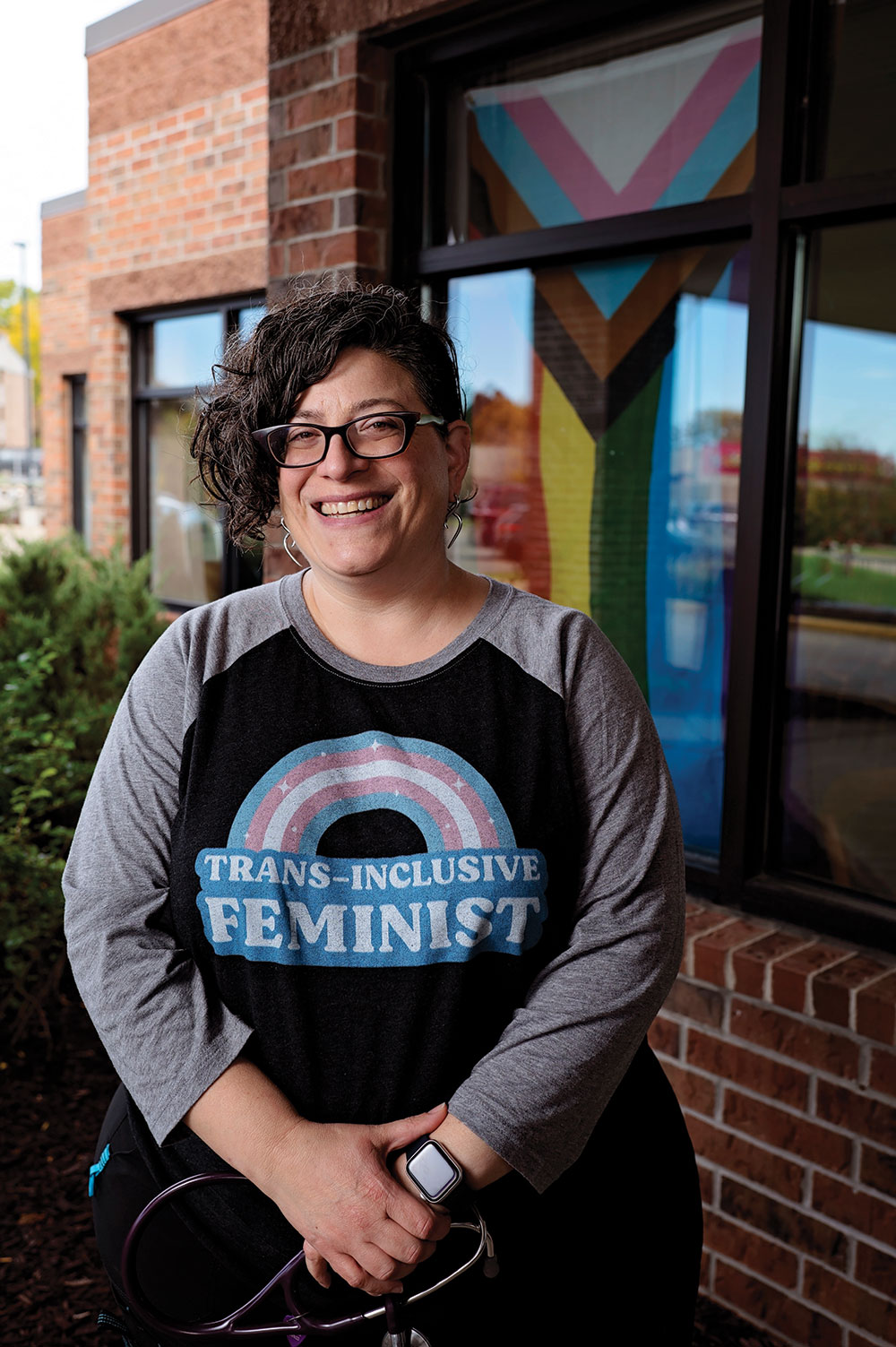
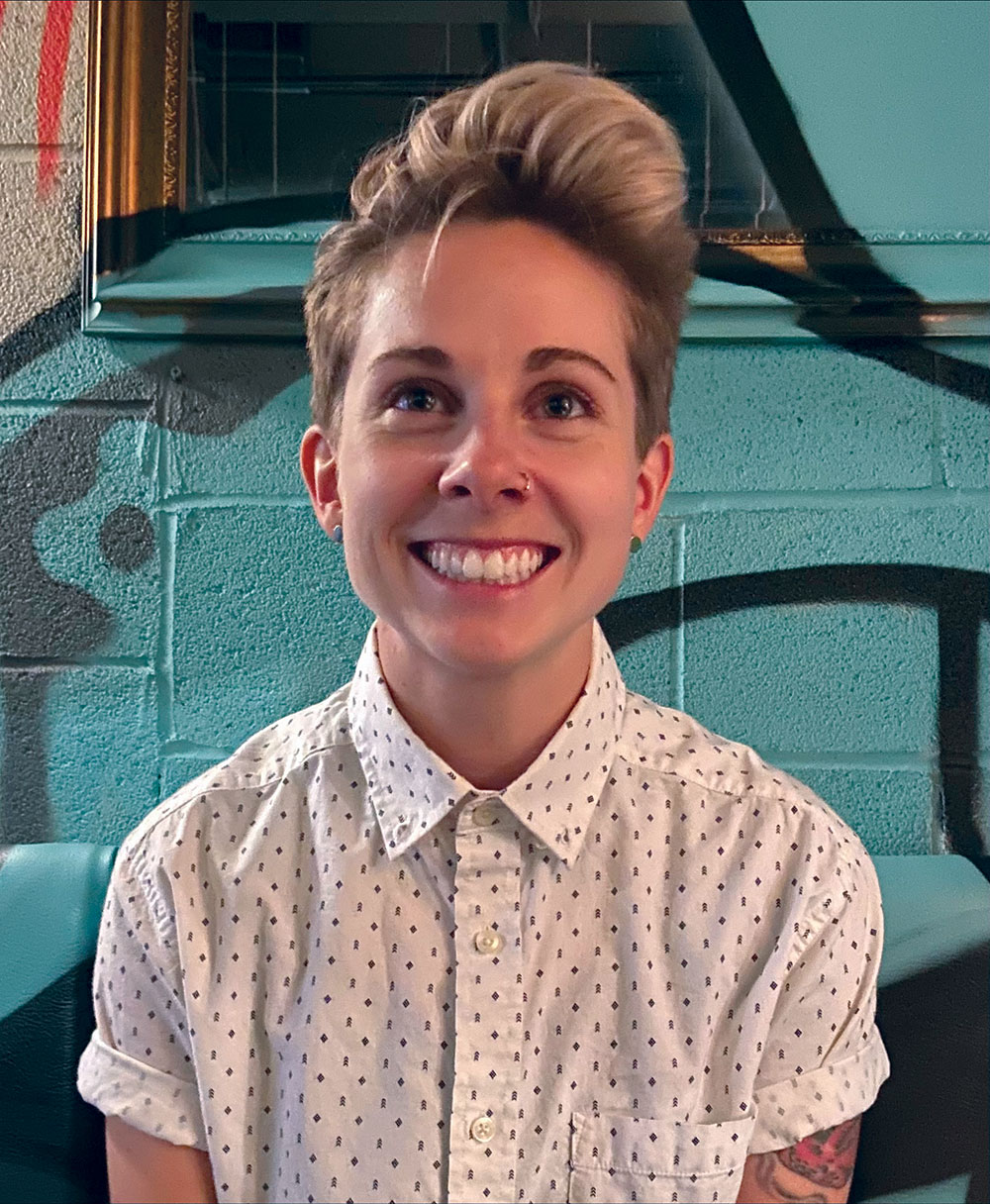




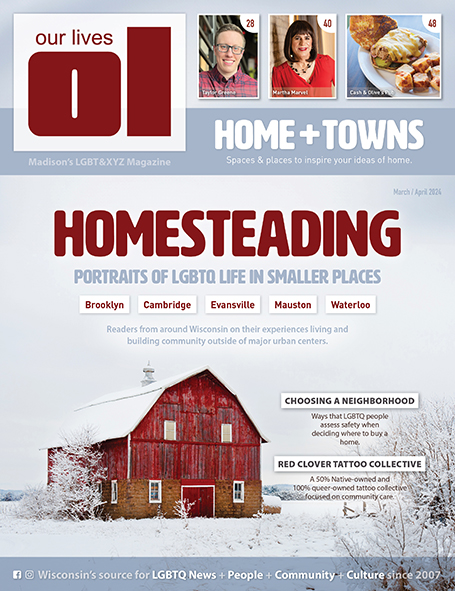
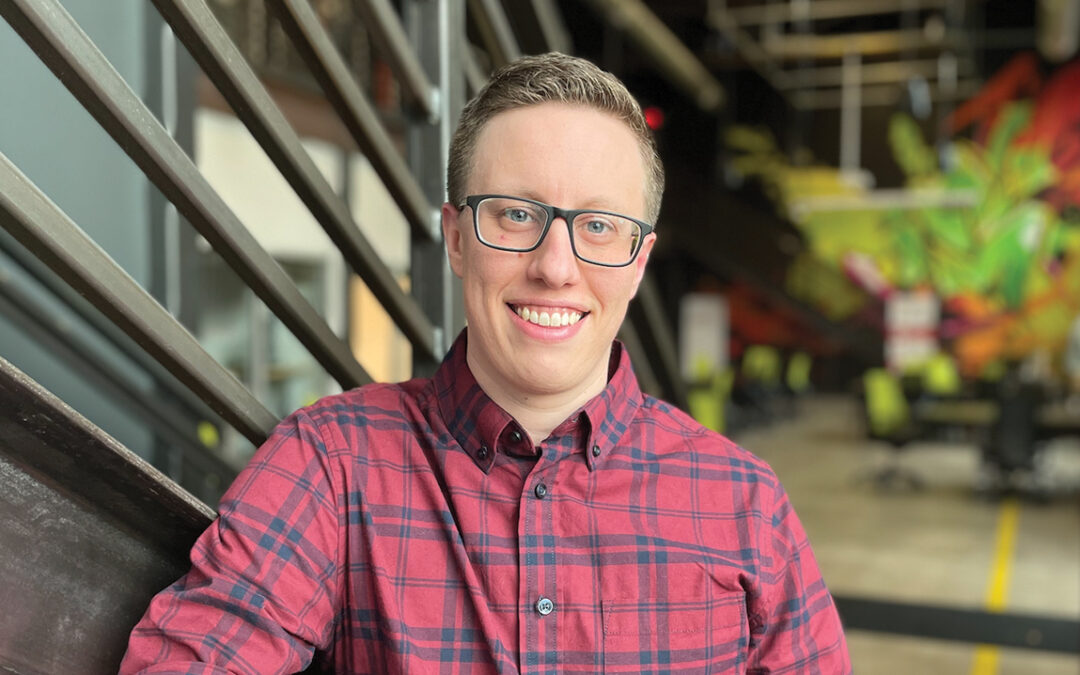
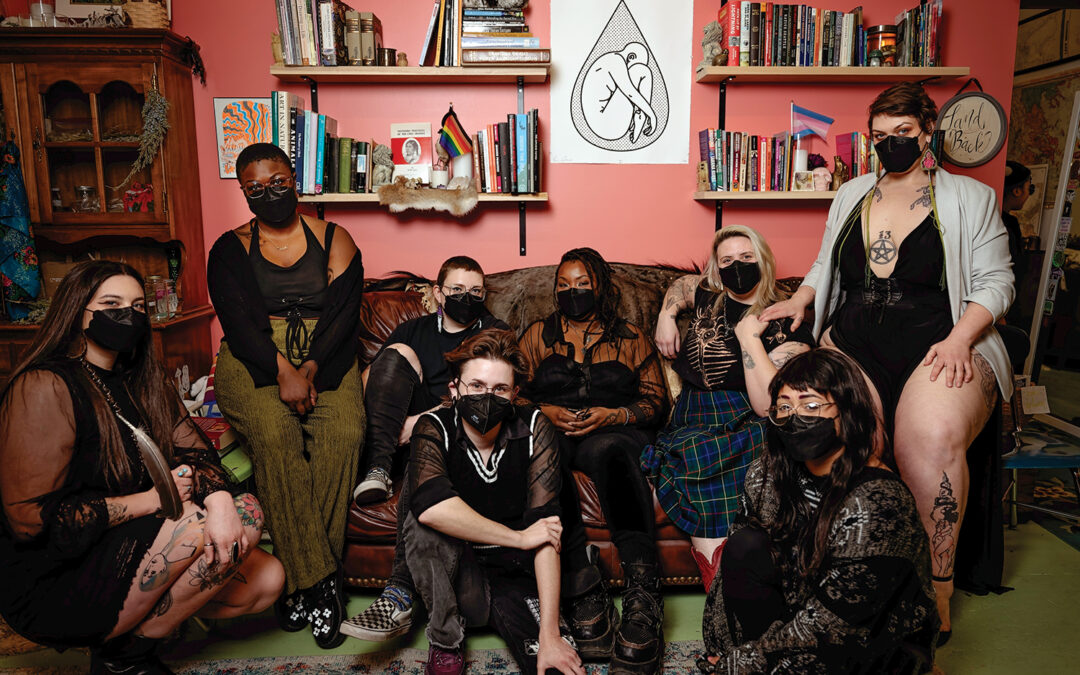
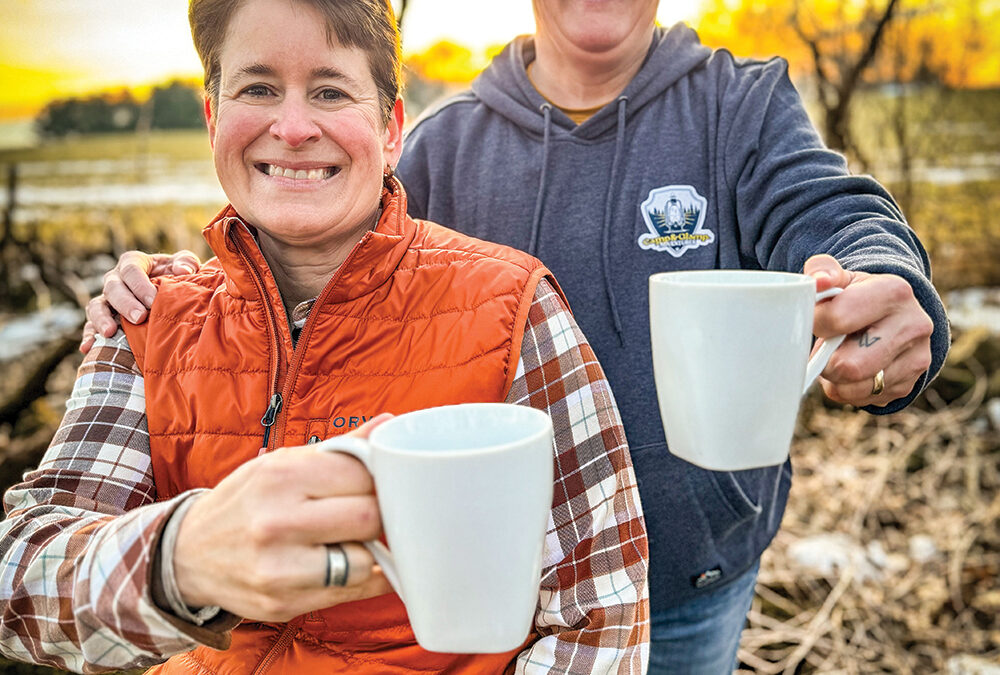
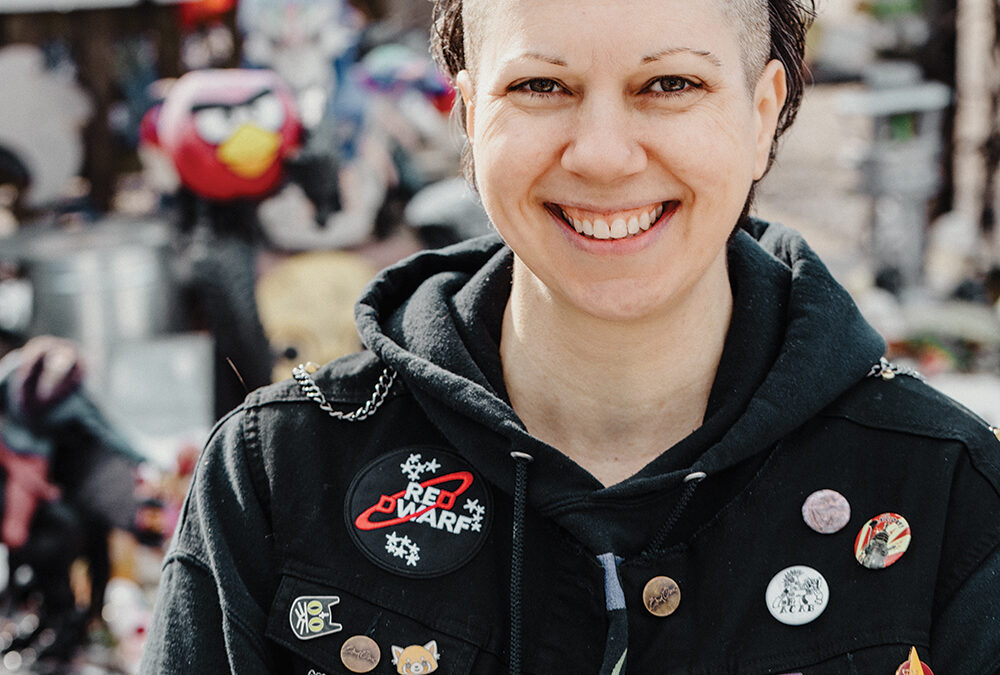













0 Comments